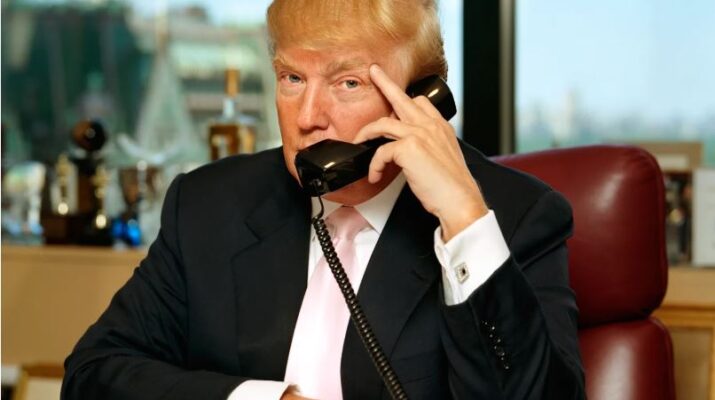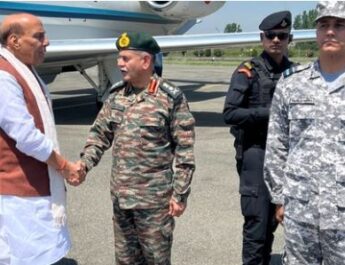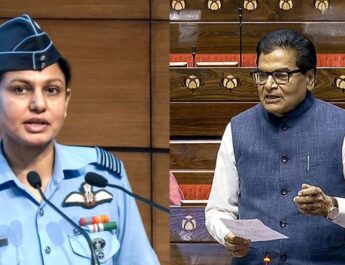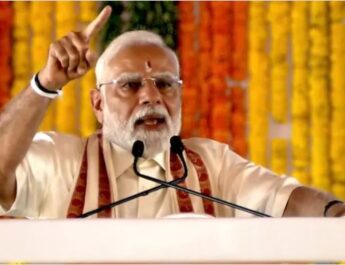New Delhi: In light of escalating tensions in the Middle East, President Donald Trump announced on Monday that the United States will engage in direct discussions with Iran regarding its nuclear program, cautioning Tehran that it would face “great danger” if these negotiations do not yield positive results.
Following a meeting with Israeli Prime Minister Benjamin Netanyahu, the president indicated that the talks are set to commence on Saturday. He emphasized, “Tehran cannot acquire nuclear weapons.”
“We are engaging with them directly, and there is a possibility that an agreement may be reached,” Trump stated. “Reaching an agreement would be preferable to the alternative,” he added.
When questioned about the potential for military action should negotiations with Tehran fail, President Trump remarked, “Iran will find itself in great danger, and I regret to say that.”
He further cautioned, “If the discussions do not succeed, it will be a very unfortunate day for Iran.”
During his initial term, Trump withdrew the United States from the significant nuclear agreement established under former Democratic President Barack Obama.
Israeli Prime Minister Benjamin Netanyahu expressed his support for Trump’s diplomatic initiatives, noting that both Israel and the US share the common goal of preventing Iran from developing nuclear weapons.
Trump indicated that the negotiations would occur “at nearly the highest level,” but he did not disclose the location or the officials who would be leading these sensitive discussions.
This announcement coincided with Netanyahu’s unexpected visit to the White House—his second in just over two months—where the agenda included global tariffs, Iran’s nuclear ambitions, and the ongoing Israel-Hamas conflict.
Trump’s decision to withdraw from the Iran nuclear deal was framed as a move to enhance global safety. However, it also resulted in increased international isolation for the US and raised fresh concerns regarding America’s credibility on the world stage.
The agreement, which included participation from Britain, China, France, Germany, and Russia, had facilitated the lifting of most US and international economic sanctions.
Discussing the potential differences between a new agreement and the one established during the Obama administration, Trump remarked, “I believe it will be different and possibly much stronger.”
During their discussions, Trump and Netanyahu addressed various issues, including tensions with Iran, the relationship between Israel and Turkey, and the International Criminal Court, which had issued an arrest warrant for the Israeli Prime Minister last year.
In February, Trump enacted an executive order that imposed sanctions on the ICC in reaction to its inquiries concerning Israel.




